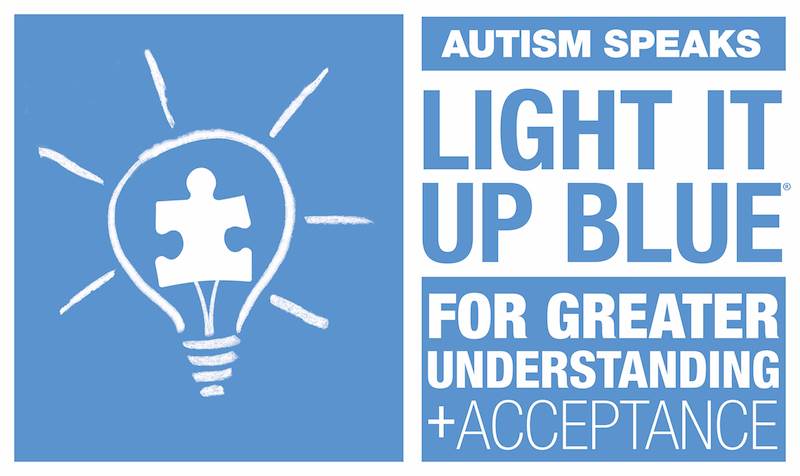Recognizing the Early Signs of Autism
 With April being National Autism Awareness Month, it’s the perfect opportunity to raise awareness about the developmental disorder that currently affects millions of children worldwide.
With April being National Autism Awareness Month, it’s the perfect opportunity to raise awareness about the developmental disorder that currently affects millions of children worldwide.
Also known as autism spectrum disorder (ASD), autism is a range of conditions categorized by challenges with social skills, repetitive behaviors, speech and nonverbal communication. According to the Centers for Disease Control (CDC), approximately one in 68 children in the United States is on the autism spectrum.
The first signs of autism generally appear in children between two and three years of age but can be diagnosed as early as 18-months-old. Some of these signs include:
- Avoids eye contact and prefers to be alone
- Struggles with understanding other people’s feelings
- Remains nonverbal or has delayed language development
- Repeats words or phrases over and over
- Gets upset by minor changes in routine or surroundings
- Has highly obsessive behaviors and interests
- Performs repetitive behaviors such as rocking or spinning
According to experts, an early diagnosis is important for parents who have children on the autism spectrum because early intervention can improve a child’s learning, social skills and daily function. While there is no cure, treatment for autism involves the help of a variety of specialists including doctors, teachers, occupational therapists and speech-language pathologists (SLPs).
At the Speech-Language Institute (SLI) of Salus University, SLPs work with children of all ages who are on the autism spectrum. SLPs primarily work to address issues related to speech, communication and feeding skills. For example, children on the autism spectrum often show signs of being “picky eaters.” SLI offers specialized therapy to help children overcome those obstacles and improve their feeding habits.
SLI offers a variety of other services and treatment options for children with autism and their families. For more information on SLI’s services or to schedule an appointment, call 215.780.3150.